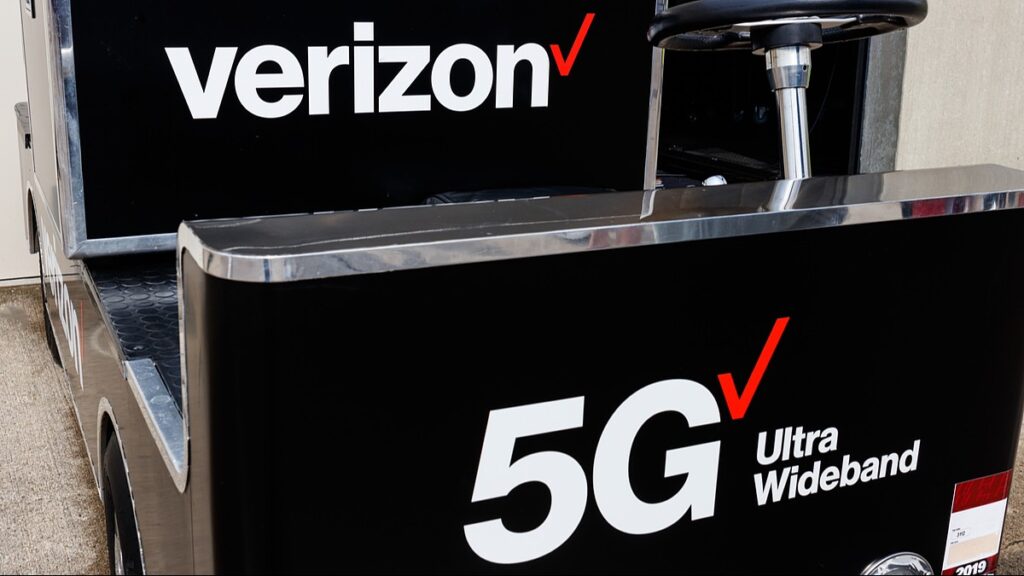AT&T, Verizon Refuse Regulatory Demand to Delay 5G Rollout

U.S.-based telecom giants AT&T and Verizon expressed on Sunday their utter rejection of U.S. regulatory demand to postpone their 5G rollout of some wireless services, initially set to be released this week.
The telcos’ chief executive officers (CEO), John Stankey and Hans Vestberg sent to U.S. regulators a joint letter igniting tensions between the companies and the regulatory authority. The reason? The aviation industry’s worry that the operators’ soon-to-be-launched 5G services rollout will potentially meddle with critical aircraft electronics, significant for take-off and landing of flights.
Both service providers had already postponed their deployment of the fifth generation of wireless networks for a month after it was initially set to be rolled out on January 5th.
According to Insider, both operators are currently examining the latest regulatory demand, despite insisting on the initial date for the deployment as they are enthusiastic to begin the rollout using the so-called C-band frequencies.
The frequencies provide the proper means for radio waves to reach a certain speed and long distances, enabling an accelerated 5G speed compared to the typical LTE spectrum velocity. This can occur without suppressing distance restrictions following a millimeter-wave of the fifth generation.
In their letter on Sunday, the CEOs highlighted that they would continue with their 5G services throughout this week. However, in the upcoming six months, the telecom operators will “adopt so-called exclusion zones around airports, similar to specifications in place in France,” according to the Financial Times.
“The laws of physics are the same in the United States and France,” the CEOs wrote in their letter, emphasizing that both telcos have cumulatively invested almost $80 billion to acquire 5G spectrum from the authorities and billions more for the associated rollout.

Releasing these rollouts is vital for both telcos as the 5G upgrade will place them in direct competition with their rival, T-Mobile.
In November of 2021, U.S.-based T-Mobile ran its networks with 5G rollouts and closed its 200 million users’ year-end target, six weeks before the set deadline.
AT&T and Verizon’s letter came as a follow-up to the U.S. Department of
Transportation and Federal Aviation Administration’s (FAA) request, demanding both carriers postpone their 5G deployment for another two weeks, after being set for January 5th.
“Failure to reach a solution by January 5 will force the U.S. aviation sector to take steps to protect the safety of the traveling public,” U.S. transportation secretary Pete Buttigieg, and the FAA administrator, Steve Dickson, wrote in a letter, December 31st.
The letter added that these measures “will result in widespread and unacceptable disruption as aeroplanes divert to other cities or flights are canceled,’’ the letter added.
As for the latest proposal provided by AT&T and Verizon, an FAA spokesperson explained on Sunday that the federal agency is willing to examine their proposal, emphasizing that “U.S. aviation safety standards will guide our next actions.”
